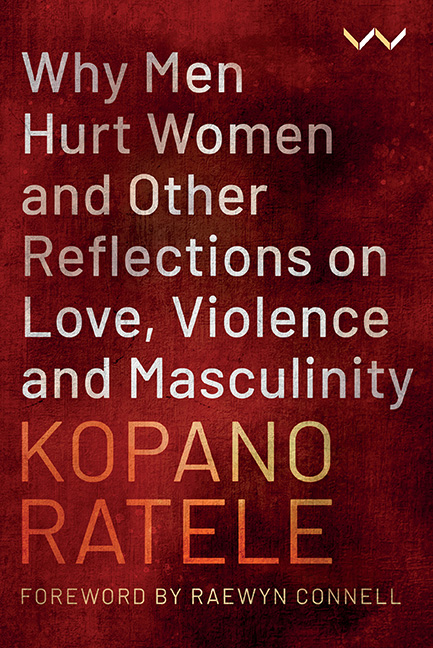4 - We can change how we love, but not without changing how we fight
Published online by Cambridge University Press: 24 November 2023
Summary
‘When you remove the conflict within yourself,’ Vietnamese Thiền Buddhist monk and peace activist Thich Nhat Hanh said, ‘you also remove the conflict between yourself and others.’ I am not exactly sure how removing conflict with others follows from removing conflict with the self. It is easy to imagine how experiencing inner conflict is related to conflict with others, such as when you are upset with your child for not doing their homework, and then become upset after your interaction with them, and then you ruminate on whether you could have spoken to them in a better way. Inner disharmony can make us suffer, of course. Some of the biggest fights of our lives are caused by what is going on inside, although it may not feel like that when you want to torture your supervisor. Knowing all that, I cannot quite figure out the detail of how the process of resolving internal discord actually leads to the resolution of disputes with others.
Regardless, it would seem that some of the very painful fights within the self arise from a sense of lovelessness. The feeling that you are not loved, or are insipidly loved, by those who are supposed to love you – the biological father who has abandoned you, for instance – can cause deep heartache. And this painful feeling can swirl around within the self for a long time. Many of us do manage to live with it; but then, seemingly out of the blue, on the taxi ride home from work or in the middle of prayer, the stinging grief unexpectedly slips through and we may not know why we are feeling mad or blue.
If indeed a person can live with unrecognised suffering generated by persistent hunger for love, the conflict within is not easy or quick to resolve. Externalising that conflict, or damping it down with alcohol or other mind-altering substances, may be a way to make ourselves feel better for a moment. None of these things seems to be the best way to sate the psychological need, though. Paradoxically, it could be that changing our thoughts about suffering and conflict, about who is the enemy and how best to fight them, could depend on expanding our conceptions of love.
- Type
- Chapter
- Information
- Publisher: Wits University PressPrint publication year: 2022



